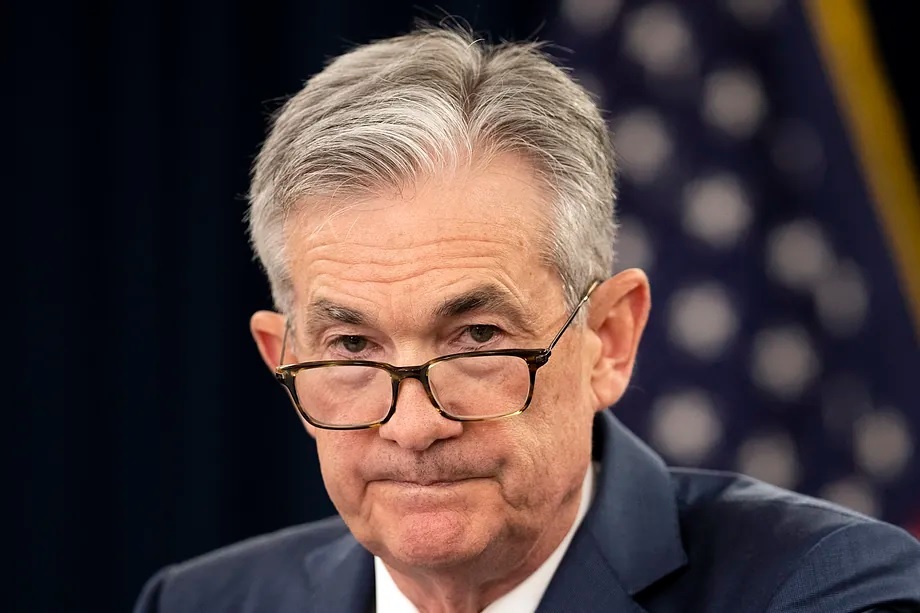In March, the Fed had already lowered its economic projections, estimating that growth will be significantly slower this year, at 1.7%, four tenths lower than what was expected in December. Pointing out that unemployment and inflation (from 2.5 to 2.7%) will be slightly higher. "Uncertainty about economic prospects has increased," admitted the institution at that time. "When assessing the appropriate direction of monetary policy, the Committee will closely monitor the implications of incoming information for economic prospects. We are prepared to adjust the direction of monetary policy as appropriate if risks arise that could prevent the achievement of objectives," the organization explained, stating that for their next steps they will consider "a wide range of information, including data on labor market conditions, inflationary pressures and inflation expectations, and financial and international developments."
All eyes in the country were on Jerome Powell, pressured, at times besieged, by President Donald Trump and his team, who demand that he immediately lower interest rates, which have been at that level since December, to boost activity. The president has attacked him repeatedly, even insinuating that they would be looking for ways to get rid of him before his term ends in just a year. Although he later corrects himself in interviews and press conferences saying that it is not his intention to get rid of him, aware at least in part that an attack on the Fed's independence, in these uncertain market times, could be devastating. Not only for the stock markets, but especially for U.S. debt securities, of which the central bank is a huge holder.
It was expected that in 2025 there would be up to four interest rate cuts, 100 basis points in total or even more. Until Trump returned and declared a trade war on the entire planet, disrupting everything and filling the usual indicators with noise. The institution's technicians are therefore in what is known as a wait-and-see approach, waiting for solid data that can accurately depict whether consumer prices are rising again, after a long and painful struggle over several years to contain them. Or if the labor market, which was in a great moment, is weakening. The Fed calls for clarity, but what they find is chaos, a perpetual cascade of news and uncertainty.
That is why Powell has been caught between a rock and a hard place for weeks. On one side, cautious due to an obvious danger to price stability, resulting from the protectionist and tariff policies of the administration. It seems clear that goods and services will be affected, but it is uncertain whether it will be a one-off event, a one-time increase, or a persistent, lasting, and even incremental effect. Powell said at the last meeting that they expected inflation to be "transitory," but the same expression was used by the institution during the pandemic, and what seemed temporary became entrenched.
On the other hand, the Fed's leadership is under pressure due to the even greater risk at this time of an economic contraction, which in the first quarter of 2025 dropped by 0.1% due to the statistical effect caused by the fact that many companies increased their imports in February and March to avoid additional costs from April 2, the so-called "Day of Liberation" when minimum tariffs of 10% were imposed on virtually all countries in the world.
Powell does not want to rush into relaxation and risk dangerously high price increases, but if he waits too long, the risk of a severe recession will be greater. "I imagine that if a significant deterioration in the labor market is observed, at that point the Fed will be prepared to act," Lael Brainard, former Fed governor, indicated these days. "Even if I were thinking of finding a way to cut rates, I would take an aggressive stance to maintain stable inflation expectations," noted Robert Kaplan, former president of the Federal Reserve Bank of Dallas, to the Wall Street Journal.
